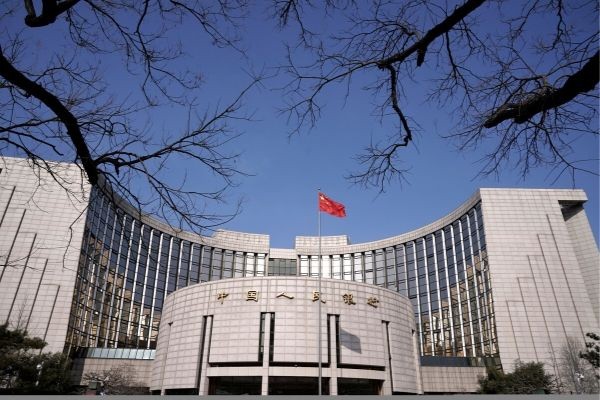
China Central Bank is now destroying cash in some areas to make sure that these are disinfected from the coronavirus. This is action is recommended based on the information that the virus can live for several hours without a host, according to the World Health Organization (WHO).
Most commonly touched surfaces are subject to regular disinfection, like buttons, handles, and other contact surfaces. This includes cash that can harbor the virus by changing hands multiple times.
Chinese banks are now cleansing cash with ultraviolet light and high heat, and are stored for one to two weeks before being sent out to avoid more contamination and spread of this infection.
Extra treatment and sterilization of cash from hospitals and wet markets will not be given to the public immediately. As per central bank, they have rules to keep infection spreading via money.
One exception is the Guangzhou branch of the China CB, where bank notes are destroyed because they might be infectious. The coronavirus disinfection is a measure leading China to destroying cash in some places.
The China Central Back (CB) released four billion yuan in January, sent to Wuhan in new notes, noted by government press. It makes up for the loss of bills as fears of infection are now rampant. It gets more severe with suspending cash transfers in heavily infected Chinese cities and provinces.
How infected the cash is not really clear. Contagious cash with live viruses might die in several hours with the use of disinfectants. It is advised to use apps to pay for goods instead of cash which is considered high risk.
Money is full of contaminants. A bill gets bits of material from each person handling it, which is how the fear of coronavirus on money is a concern for infection. A U.S. dollar bill has traces of Pet DNA, drugs, bacteria, and virus hitch-hikers that was found out in a 2017 study in the US.
Viruses that are active or dormant in money bill are the threat, not the money itself. Most epidemics will not come from an money machine. Any precaution to prevent more cases is helpful in a country reeling from government secrecy.
Support of the central bank in these measure is crucial to rein in the infection rate with contaminated money. This is just one of the after effects of the China coronavirus or COVID-19 that includes lock downs and travel limitations to prevent the situation from getting worse.
Small business enterprises contributes to the Chinese economy, which is severely affected by the outbreak. Chinese mainlanders are afraid to handle money that might be infected. Most of the people are staying indoors to avoid infection, and only leaves their homes to buy food. While outdoors, they are wrapped in plastic to avoid viral transmission in full gear.
Disinfecting cash and, in some places, destroying it, is a safety measure that banks need to take in the hope to reducing infection rates.
© 2026 HNGN, All rights reserved. Do not reproduce without permission.








